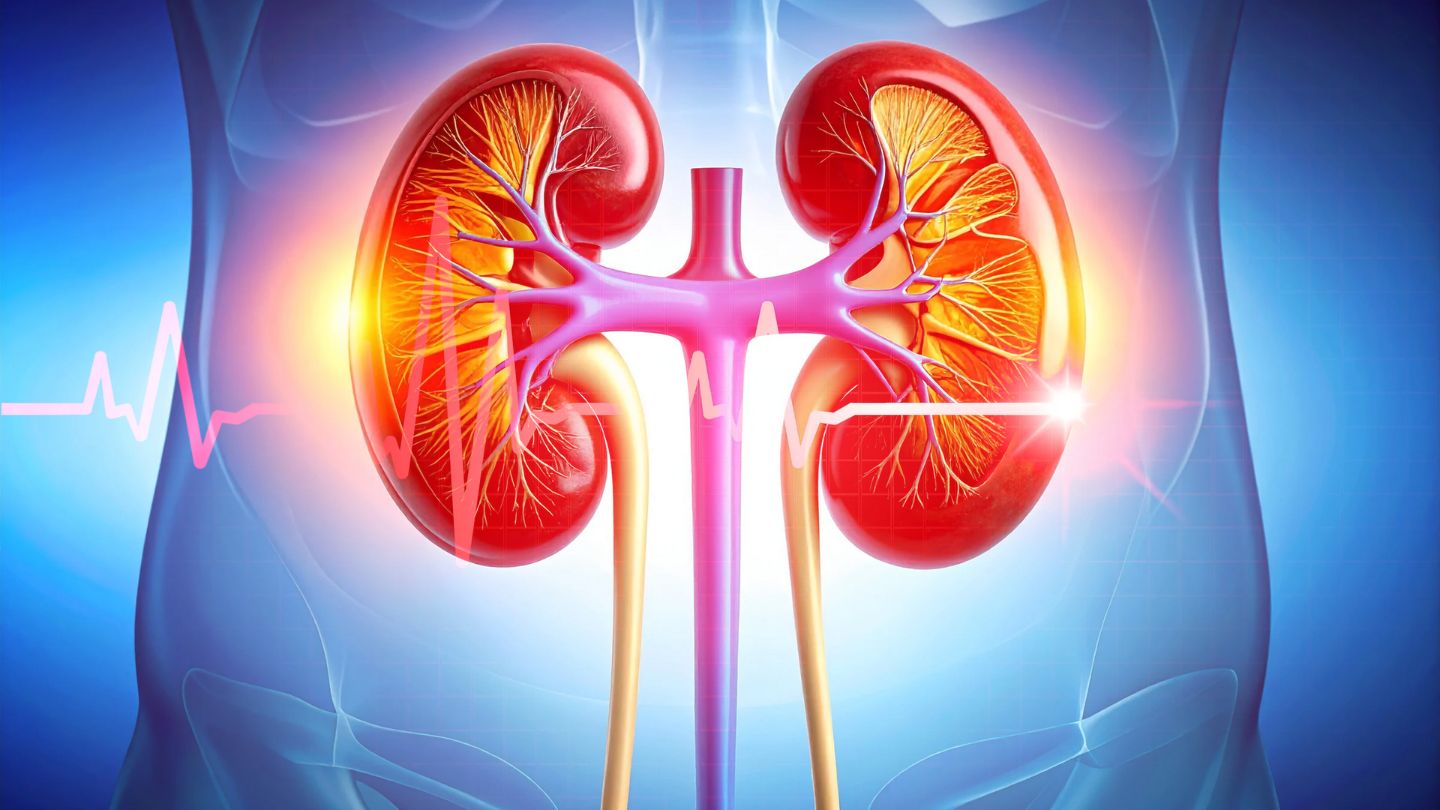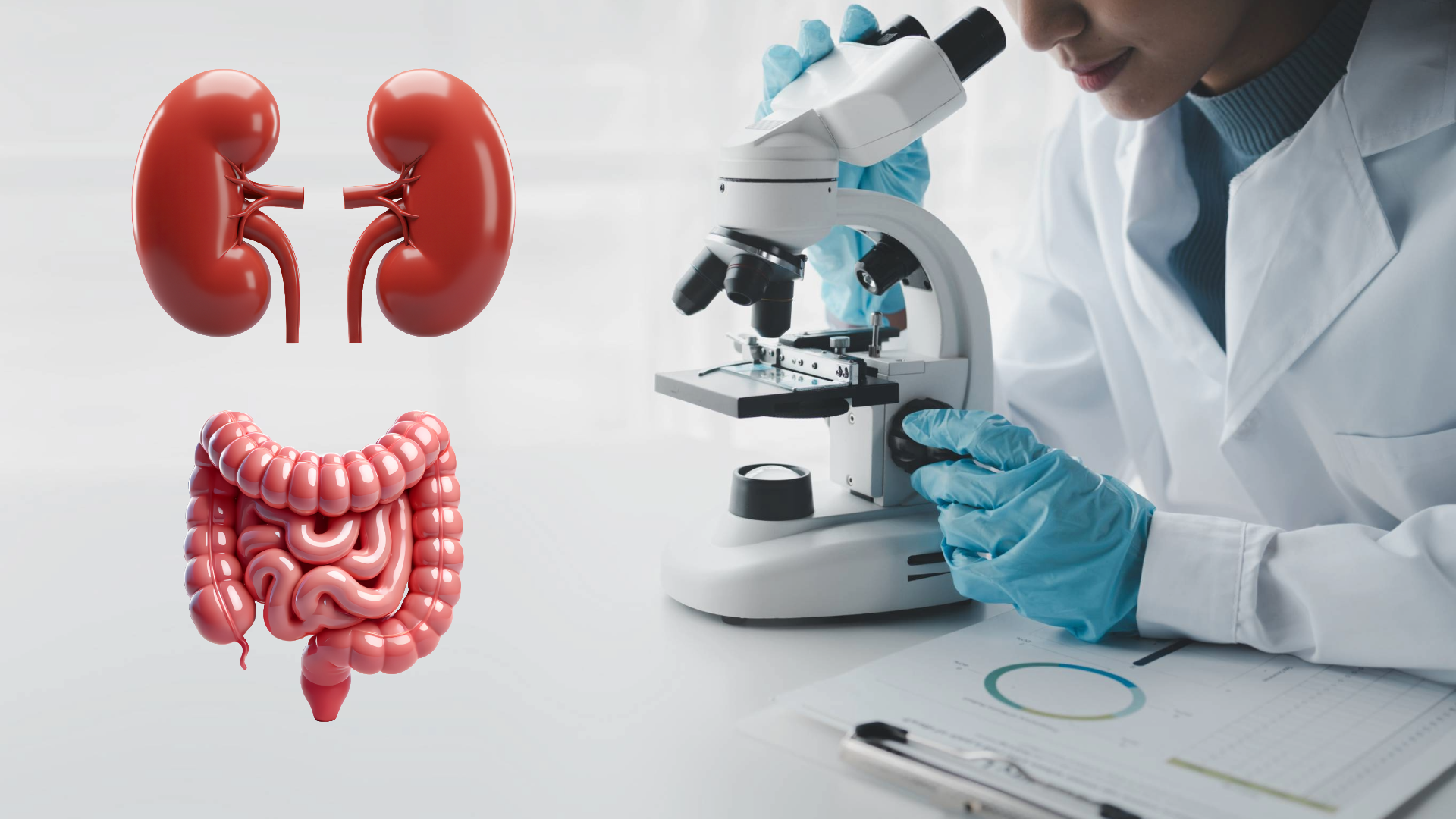You may not know this, but your kidneys are quiet overachievers. They work hard behind the scenes to clean your blood, get rid of waste, balance your fluids, and keep your body in check — all without making a sound.
But what happens when they start working too hard?
That’s where something called hyperfiltration comes in. It’s one of the earliest signs that your kidneys are under pressure — and it’s a big clue that something needs to change before bigger problems show up.
Let’s talk about what hyperfiltration is, why it happens, and what you can do to protect your kidneys from wearing out too soon.
What Is Hyperfiltration?
Hyperfiltration is when your kidneys are filtering too much, too fast, and under too much pressure.
Inside each kidney are tiny filtering units called glomeruli (think of them like super small coffee filters). Blood flows through these filters and pushes out waste and fluid into the early stages of what becomes urine.
Now, if there’s too much pressure or too much flow going through those filters, that’s hyperfiltration. And over time, that kind of overwork takes a toll. It’s like a garden hose on full blast all day — eventually, that hose is going to weaken, leak, or crack. Your kidneys are no different.
Hyperfiltration causes two kinds of stress:
- Pressure stress from high internal pressure in the kidney filters.
- Shear stress from the fast-moving liquid pushing through them constantly.
Either one — or both — can lead to damage over time.
Why Does This Matter?
Here’s the catch: hyperfiltration doesn’t come with symptoms. You won’t feel pain, nausea, or anything obvious at first. But behind the scenes, your kidneys are wearing themselves out.
We’re all born with a certain number of nephrons (the working units in the kidneys). Some people are lucky and get about 2 million per kidney. Others get far fewer — as little as 200,000. And once you start losing nephrons, they don’t grow back.
When some nephrons are lost or damaged, the ones that are left have to pick up the slack. That means each one has to filter more blood than it’s built for — and that’s where hyperfiltration kicks in. It’s your kidney’s way of trying to keep up. But the harder they work, the faster they burn out.
Think of it this way: if you had a car with 12 cylinders and you blew 8 of them, those remaining 4 would have to carry the whole load. It’ll get you down the road for a while, but not forever.
What Causes Hyperfiltration?
A few big things can push your kidneys into hyperfiltration mode — and many of them are surprisingly common.
1. High Salt Intake
Eating a lot of sodium (salt) forces your kidneys to filter more to get rid of the extra salt and water. They don’t have an on/off switch for this — they just keep filtering harder.
2. Obesity
Extra body mass means extra blood volume and more filtration work for your kidneys. The more you weigh, the harder they have to work.
3. Prediabetes and Diabetes
High blood sugar changes how your kidneys filter. In early diabetes or even prediabetes, your kidneys start filtering more because of a miscommunication in how they sense blood flow and sodium. This can cause years of hyperfiltration before anything abnormal shows up in bloodwork.
How Do You Fix It?
Here’s the good news: you can do something about it.
There are ways to slow down the overwork and help your kidneys last longer.
Reduce Your Salt Intake
Less sodium = less pressure in your kidneys = less stress on the filters.
Manage Your Weight
Losing weight reduces the amount of work your kidneys need to do. Less body mass, less blood volume, less filtration.
Control Blood Sugar
Avoiding or managing diabetes can protect your kidneys from early overwork.
Use the Right Medications
There are medications that don’t just lower blood pressure or blood sugar — they actually protect your kidneys by reducing hyperfiltration directly.
Let’s talk about two of them:
ACE Inhibitors & ARBs
These meds have been around for years and are great at lowering pressure inside the kidney filters. If you have high blood pressure or protein in your urine, your doctor might already have you on one of these.
SGLT2 Inhibitors (like Jardiance or Farxiga)
These newer medications were originally used for diabetes — but we’ve learned something pretty exciting. They don’t just help with blood sugar. They also tell your kidneys to stop over-filtering. They’ve been shown to slow down kidney disease even in people without diabetes. And they may be twice as effective as older medications at protecting your kidneys long term.
If you’ve got chronic kidney disease or risk factors like diabetes, high blood pressure, or obesity — this is a conversation worth having with your doctor.
So What’s the Bottom Line?
Hyperfiltration is what happens when your kidneys go into overdrive. At first, it looks like they’re working great. But over time, it’s one of the first signs that trouble is brewing — even before you feel a thing.
You can slow it down.
With the right lifestyle choices and medications, you can reduce the pressure and workload on your kidneys and give them a chance to last longer.
At Northlake Nephrology Institute, we help patients understand what’s really happening inside their kidneys — and how to take control before the damage is done. If you’re worried about kidney health or just want a second opinion, we’re here to help.



